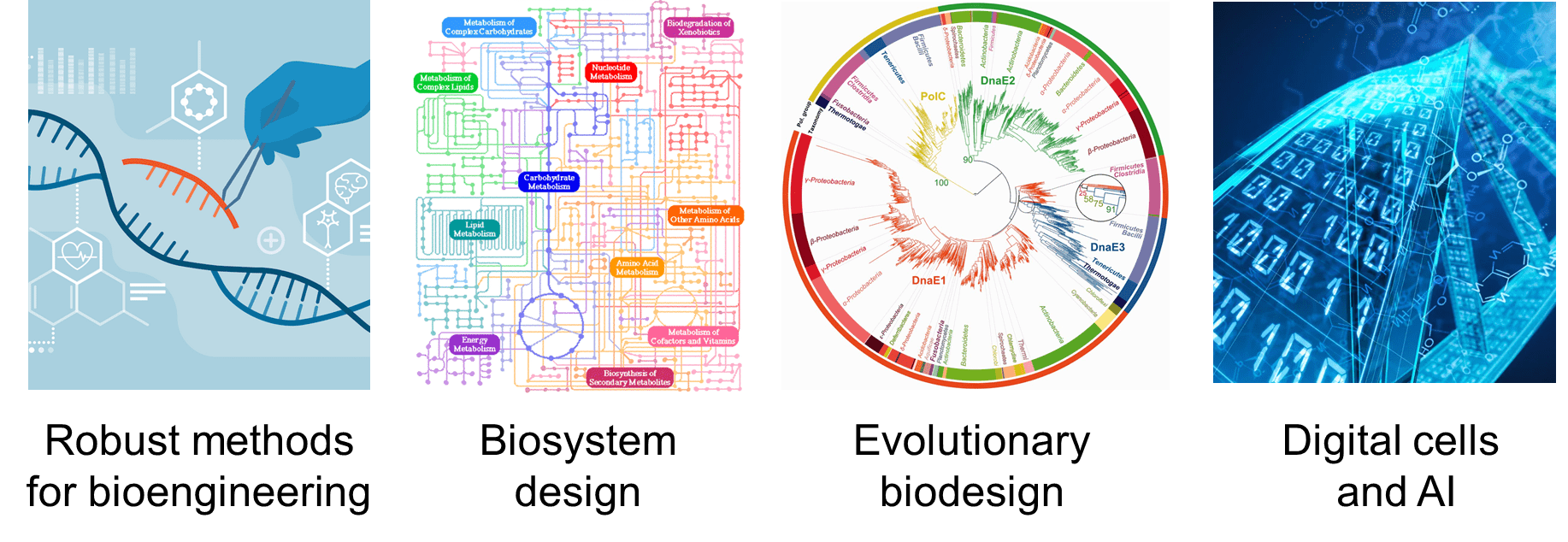The University of Bristol picked up two prizes at the inaugural National AI Awards, including AI University of the Year, and the AI Award for High Tech & Telecom for the REASON Open Networks Project Initiative.
The BBI and the Engineering Biology Centre for Doctoral Training both featured in Bristol’s ‘AI University of the Year’ submission, which highlighted our research “using surrogate machine learning models to approximate the behaviour of complex mechanistic models to describe complex, interconnected, biological processes; creating new protein structures with higher success rates than have previously been achievable to date; and improving the quality and reusability of open source tools that can apply advanced statistical techniques when processing experimental data.”
Professor Annela Seddon (Associate Pro Vice-Chancellor of Research & Innovation for the Faculty of Science and Engineering) said: “We have a long history of AI research, innovation and education at the University of Bristol and we have always believed in the transformative power of AI to improve lives.”


 BBI Co-Director Dr Lucia Marucci
BBI Co-Director Dr Lucia Marucci 
